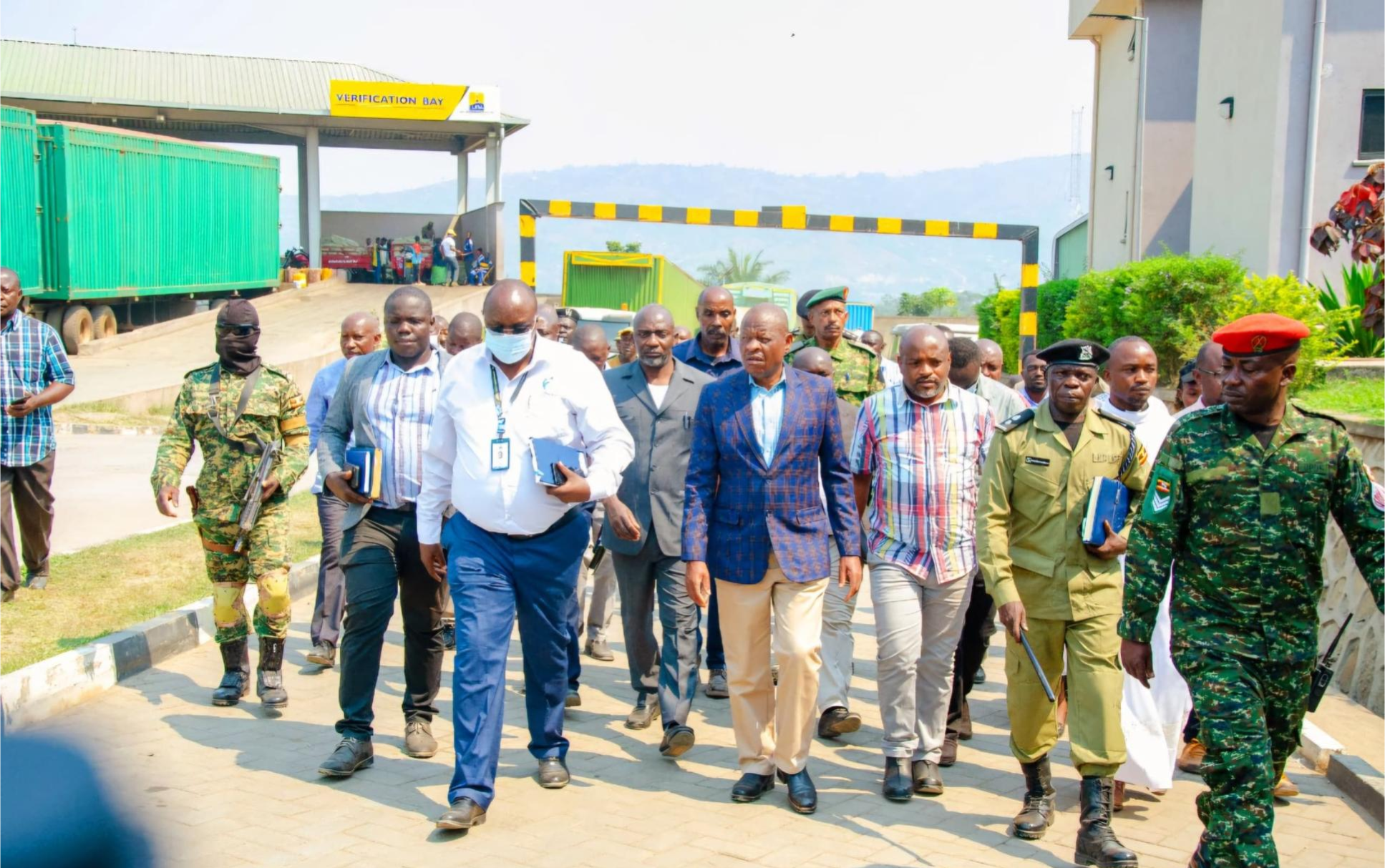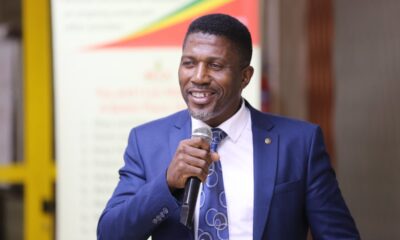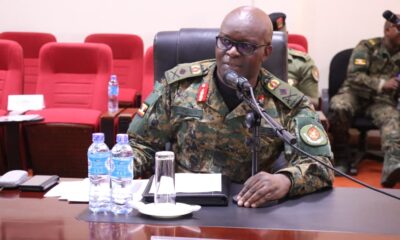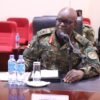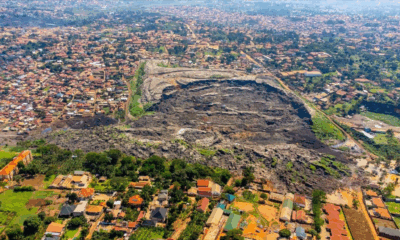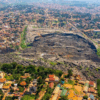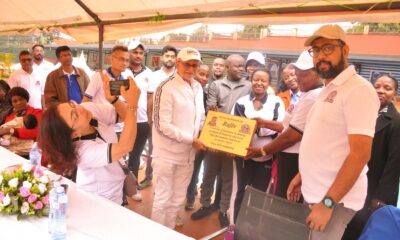Business
Uganda’s Growing Border Trade with DRC Hindered by Visas, Currency Losses
Ugandan traders operating at the Mpondwe and Ntoroko One Stop Border Posts (OSBPs) are calling on the government to urgently tackle visa restrictions and foreign exchange losses they face while trading in the Democratic Republic of Congo (DRC). Despite increasing trade activity between the two nations, traders say these issues are eating into their profits.
During a recent visit by Gen. Wilson Mbasu Mbadi, the Minister of State for Trade, to the border posts, traders highlighted irregular visa fees and frequent currency conversions as major obstacles to seamless trade.
Mercy Betty Tembe, Chairperson of the Ntoroko Cross-Border Traders Association, explained that Ugandan traders often lose money due to repeated currency exchanges, from Ugandan shillings to Congolese francs, then to US dollars, and back to shillings.
“By the time the money has changed hands three times, the expected profit is already lost,” she said.
Tembe also raised concerns over the visa process. She noted that while Congolese traders enter Uganda without paying for visas, Ugandans entering Congo are charged inconsistent fees, often based on the discretion of individual officials.
“We pay visa fees to different Congolese officials, and the fees are often determined by individual officials making costs unpredictable. We’re appealing to the Ugandan government to advocate for the full inclusion of DRC into the East African Community (EAC), since it’s one of our biggest markets,” she added.
Traders argued that these barriers go against the EAC Common Market Protocol, which supports the free movement of people, goods, and services. Beyond visa and currency challenges, they also pointed to poor infrastructure, insecurity from armed groups on Lake Albert, inadequate space at trading centers, and the absence of essential government agencies.
Stanley Bwambale Pandas, Chairperson of the Vendors Export Zone at Mpondwe–Lhubiriha Market, urged authorities to expand the market, noting that it now attracts around 200,000 people on market days, Tuesdays and Fridays.
“This market has grown into an international trade hub, but the available space can no longer accommodate the crowds,” he said.
Gordon Mutungi, Acting Regional Manager at the Uganda Revenue Authority, highlighted the need to upgrade the Karugutu–Ntoroko road, stating that its poor condition increases transportation costs and delays, reducing Uganda’s competitiveness in the DRC market.
Despite the obstacles, Mutungi reported a notable rise in revenue collected at the Ntoroko border post, from 178 million Shillings in the 2021/2022 financial year to 1 billion Shillings in the most recent year.
Minister Mbadi assured traders that the government is engaging with Congolese authorities to harmonize systems and eliminate trade barriers. He emphasized the importance of ensuring free movement within the region and acknowledged that although DRC is a member of the EAC, it has not yet fully integrated into its Customs Union. However, bilateral discussions are ongoing to resolve this.
The Minister also reaffirmed the government’s commitment to improving border infrastructure, expanding trade facilities, and enhancing regional integration with the DRC to support continued growth in cross-border trade.
Key exports from Uganda to the DRC through the Mpondwe and Ntoroko border posts include fish, cement, beverages, mattresses, bottled water, and agricultural products like cassava flour, beans, maize, vegetables, and livestock. In return, Uganda imports cocoa, scrap metal, timber, bitenge fabric, cosmetics, and other goods from the DRC.
Comments



